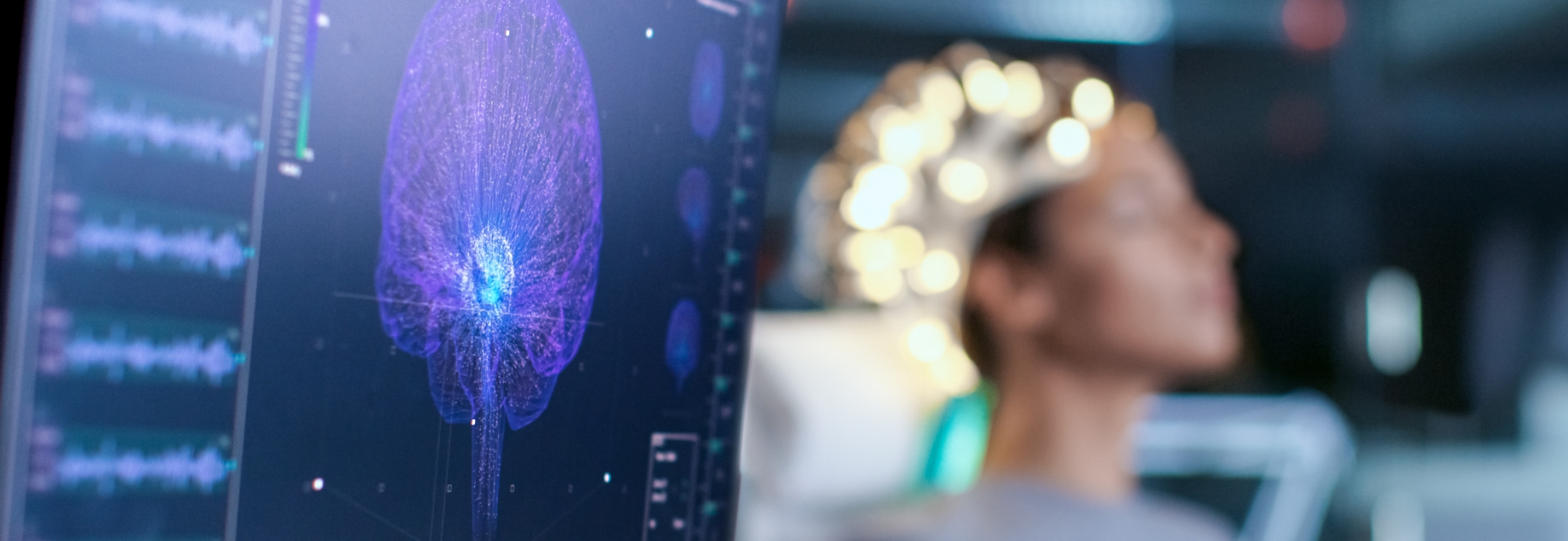Scientific research into mindfulness training could change the way we treat mental health.
Researchers at AUT and the University of Nottingham have discovered we can predict the impact of mindfulness training on a person’s cognitive function, boosting the potential for individualised interventions and more personalised mental wellness treatments.
While mindfulness training has been a popular treatment for depression, stress, addiction and anxiety since the 1970s, until now, scientific research has been limited and measuring its effectiveness has been reliant on self-reporting.
AUT research sisters making an impact

The latest research, led by researchers Zohreh Doborjeh and Maryam Doborjeh, is a combination of computer science, neuroscience and psychology, and uses AI techniques and learning algorithms that mimic brain activity.
As part of the study, the team recorded the brain activity of 40 volunteers by getting them to wear an “EEG cap”, then passed the data into an artificial brain.
The process was conducted on volunteers both before and after undertaking a six-week mindfulness training programme, enabling researchers to identify patterns in the artificial neural networks.
“Every artificial neurone behaves similarly to a biological neurone – it receives information and then processes and propagates some of the information to other connected neurones,” says AI modelling specialist Maryam.
Their findings, recently published in the scientific journal Nature, showed that an individual’s brain patterns prior to mindfulness training could predict how well they would respond to therapy. It is hoped that in the future, health practitioners can use this science to determine which treatments will prove the most effective for their patients.
“We wanted to see how mindfulness training rewires the brain and who benefits from this intervention.”
Zohreh Doborjeh, specialist in psychology and computational cognitive neuroscience and research fellow at AUT’s Knowledge Engineering and Discovery Research Institute (KEDRI)
Trailblazing new research field
This collaborative project is one of many breaking new ground at AUT’s Knowledge, Engineering & Discovery Research Institute (KEDRI).
Research projects such as this fall into a new area of study called ‘neuroinformatics’, that combines several traditionally separate disciplines of study and allows researchers to understand data by looking at it through a different lens.
“We have a lot of computer science technology that can learn from data to extract some meaningful patterns from big data, such as brain data,” says Maryam.
“We try to enhance the prediction by adding different types of learning algorithms – we want to improve the learning algorithms to improve the accuracy of the predictions.”
As well as investigating why differences sometimes occur between participants’ own reports of how happy or depressed they feel and what the brain data shows, the team now wants to apply the modelling to different ethnicities and ages to explore how it could be used to provide early detection for depression.
They are particularly interested in exploring how the modelling can be used as a tool to support intervention and address the high rate of depression in youth in New Zealand.
Website: KEDRI.aut.ac.nz

